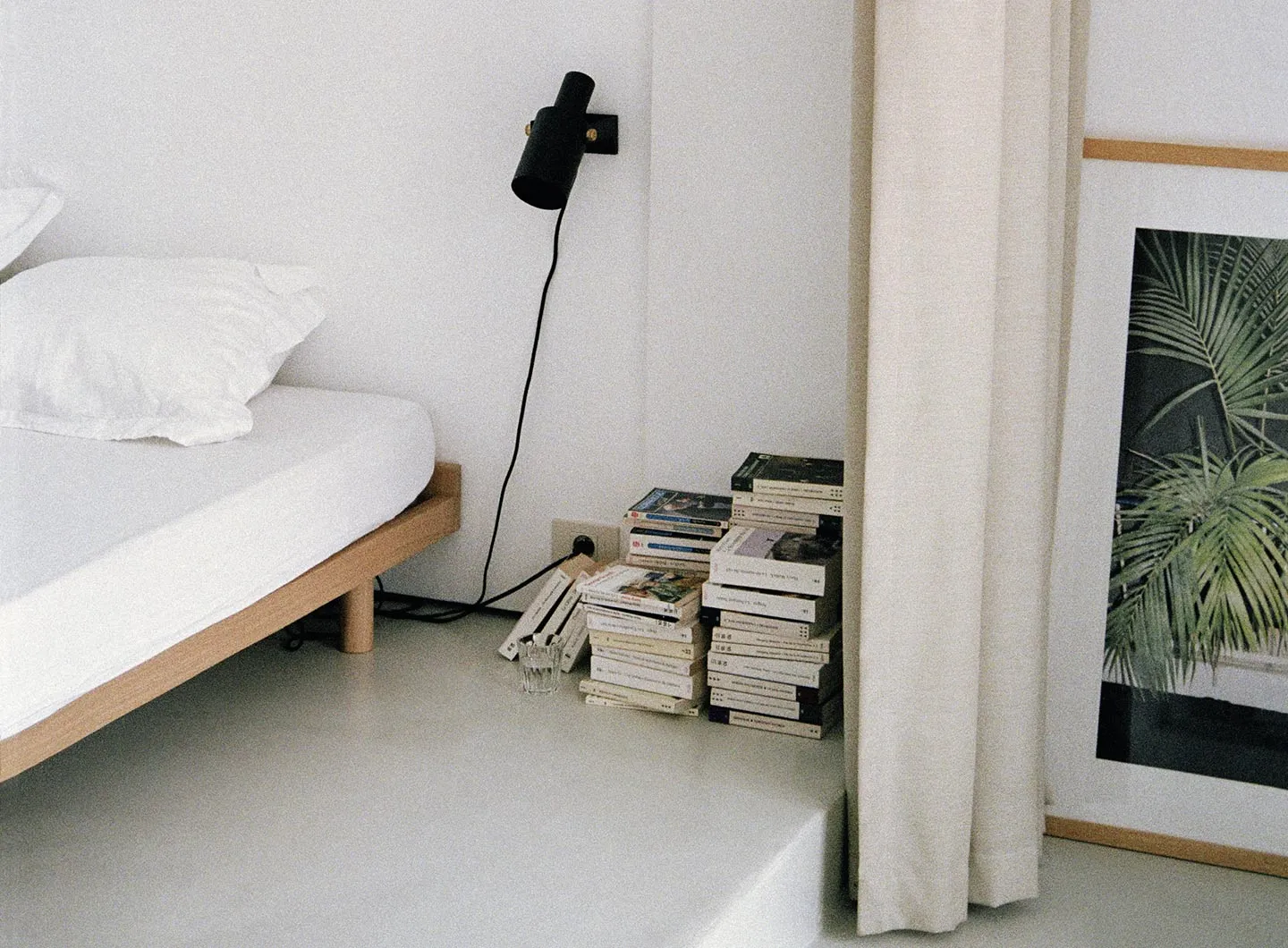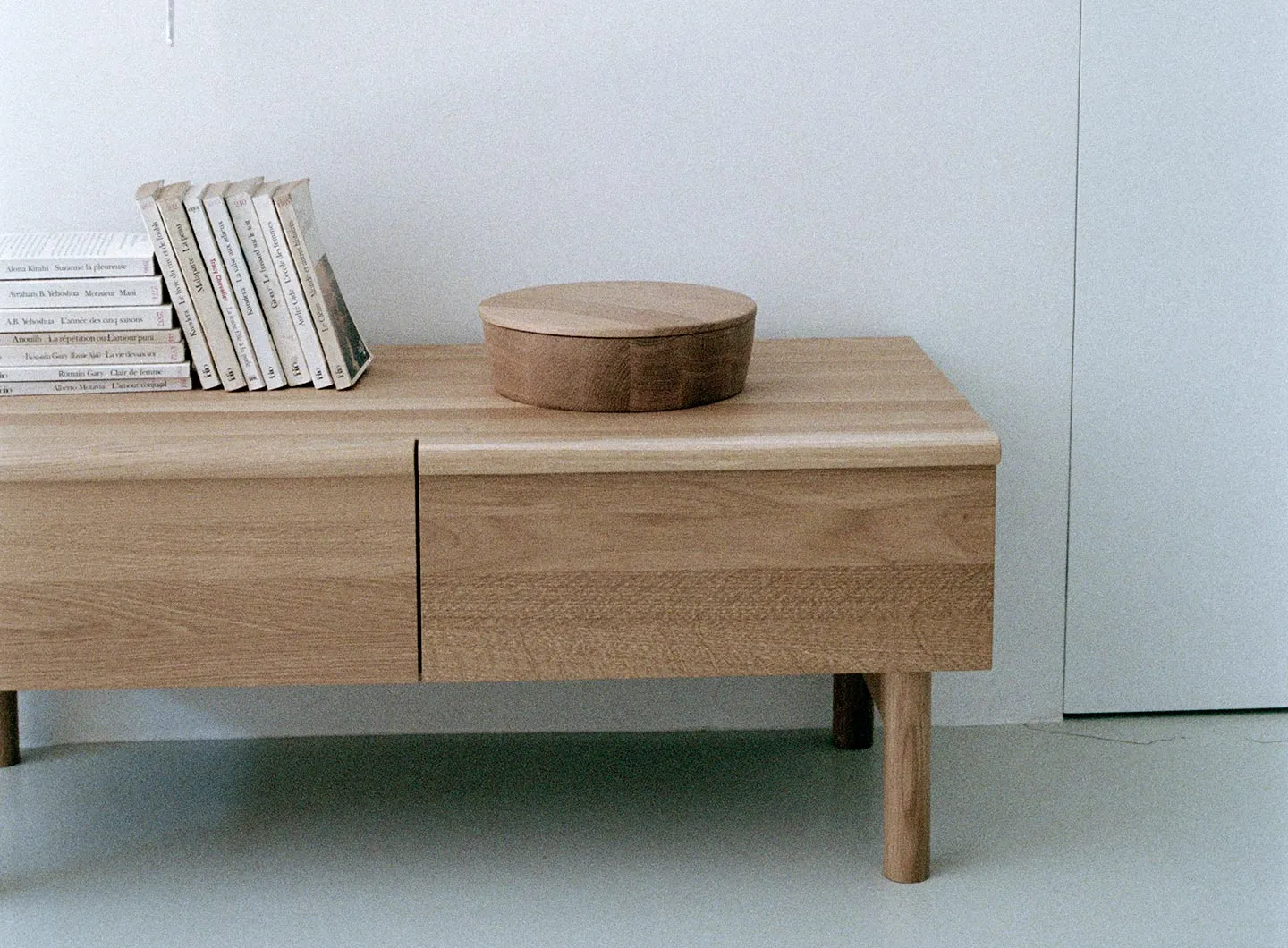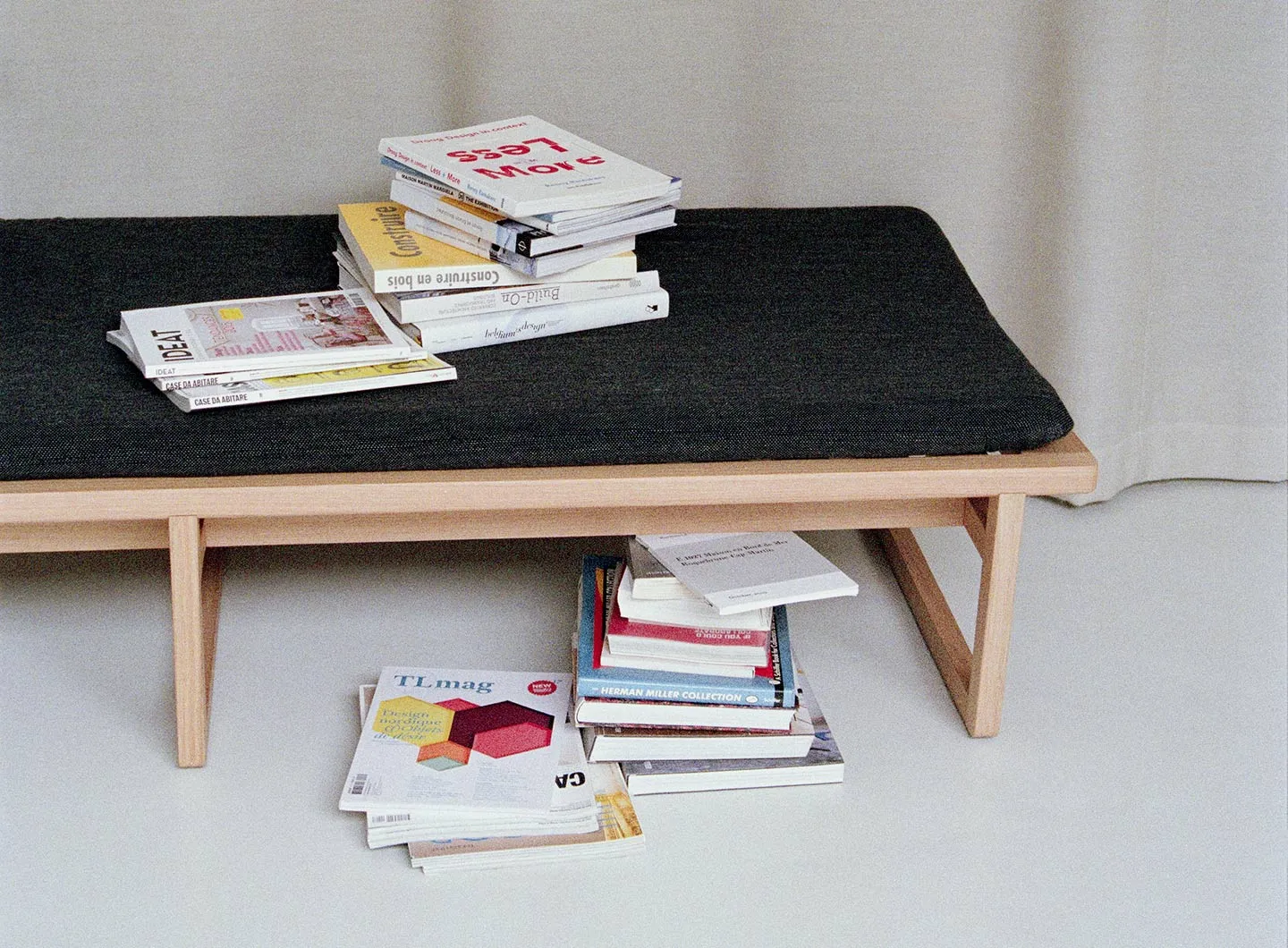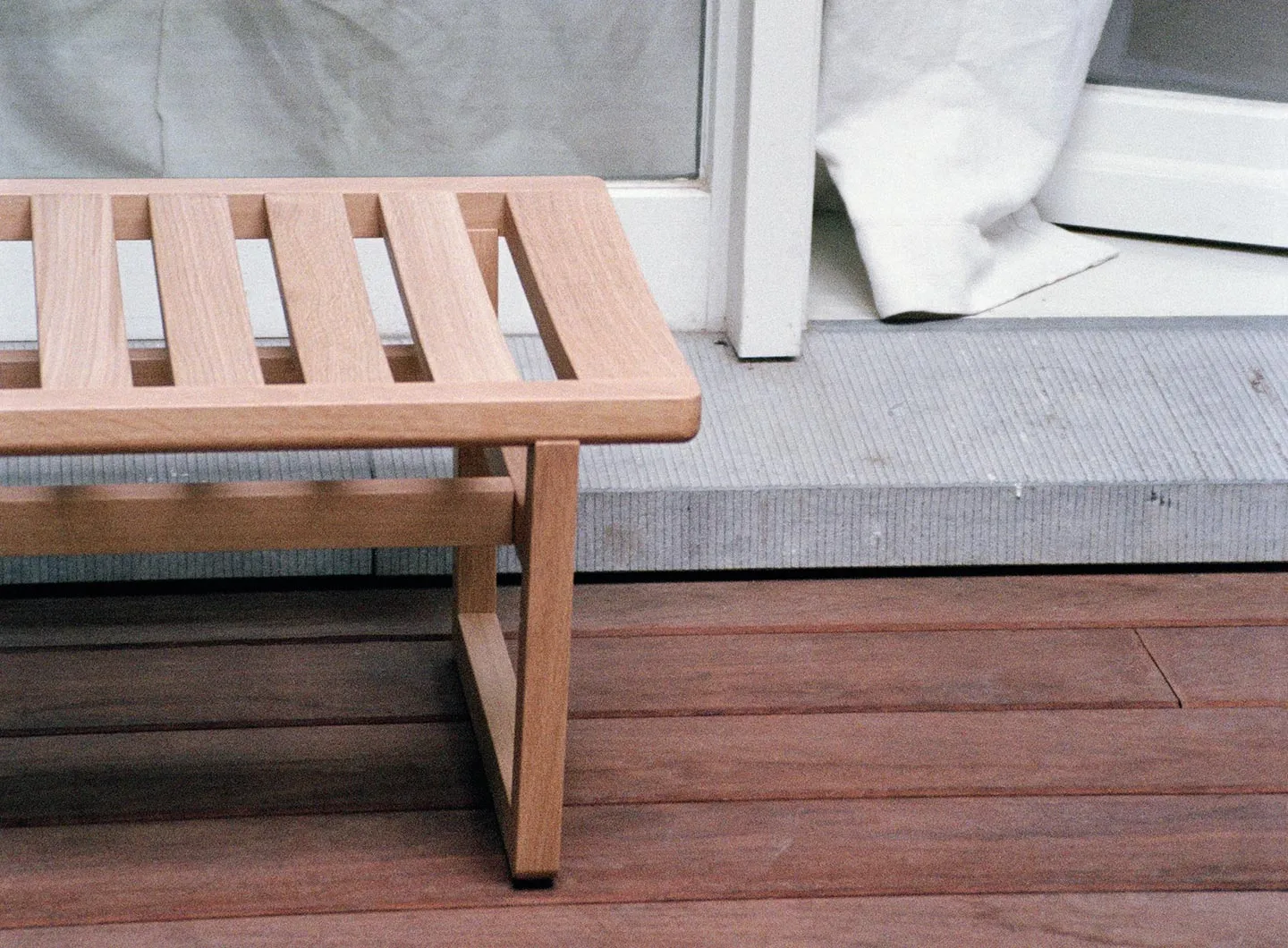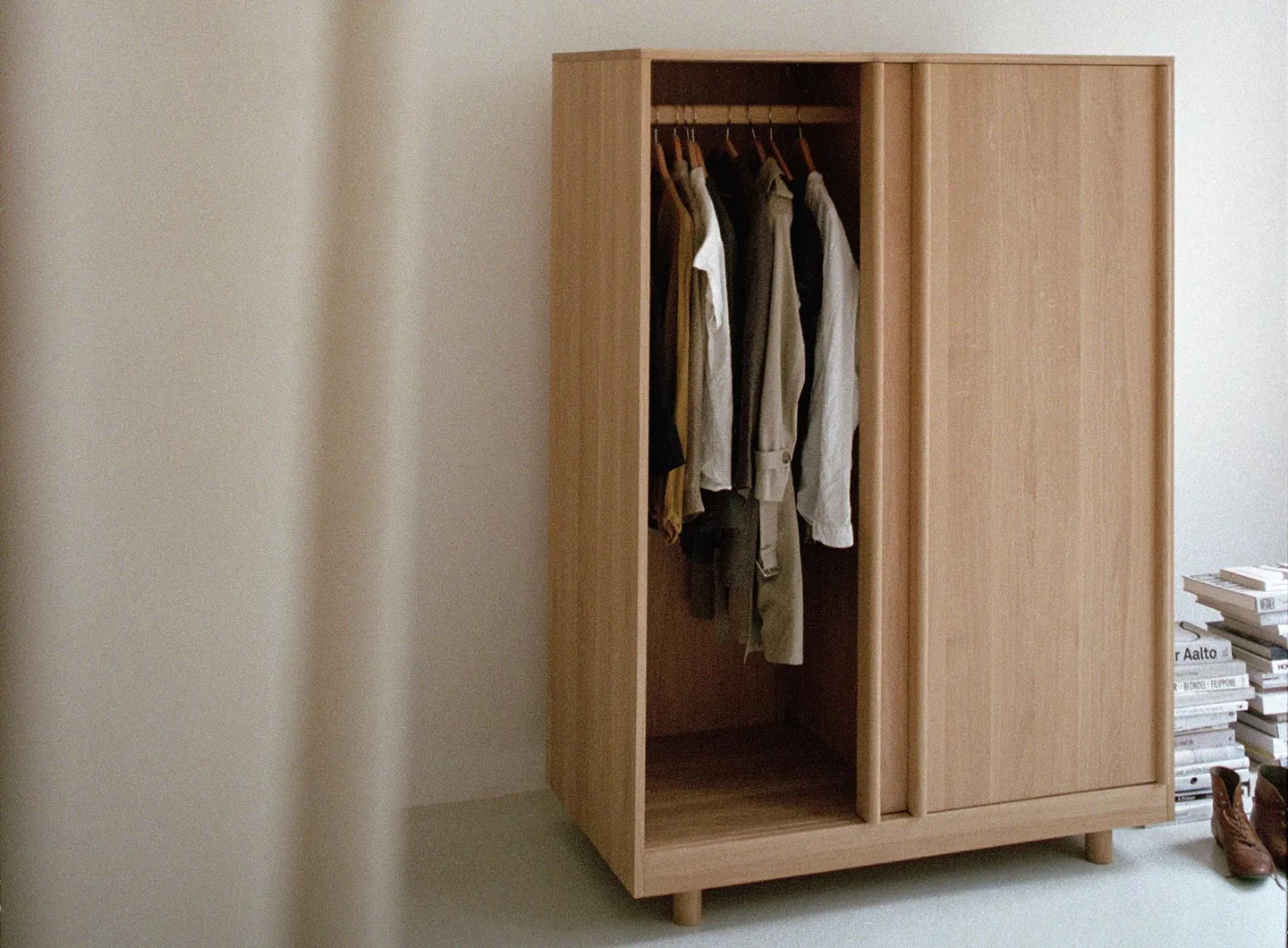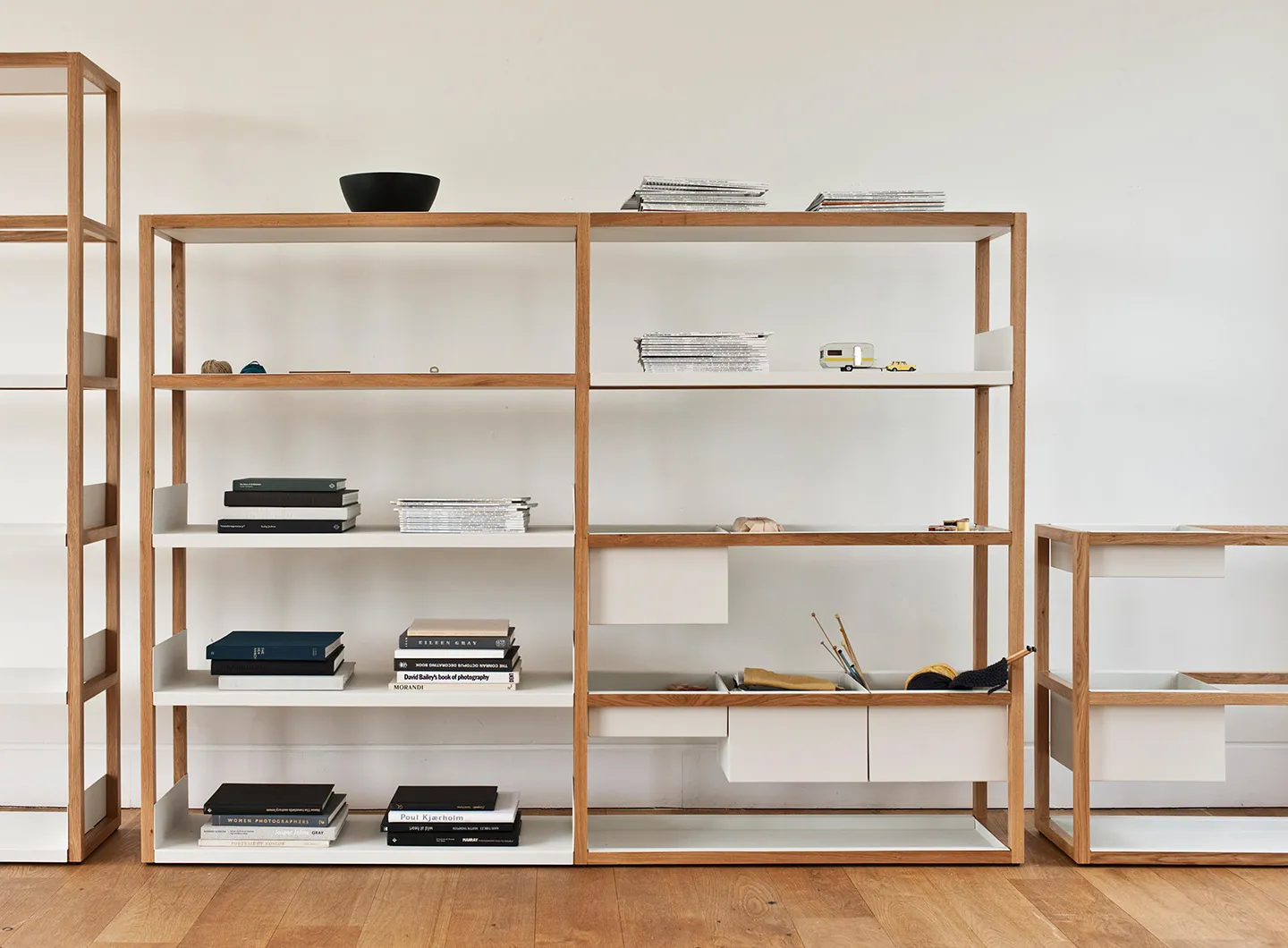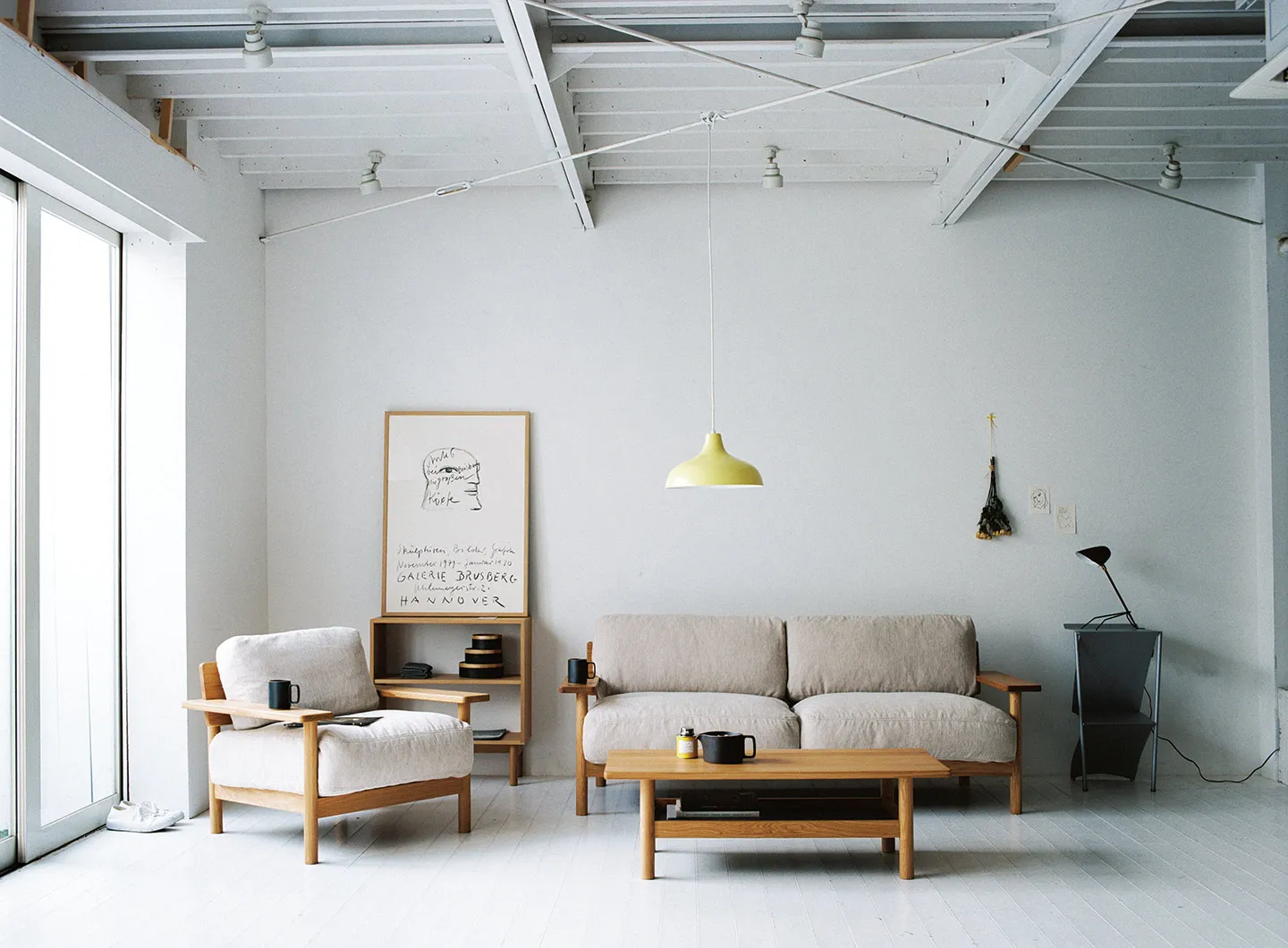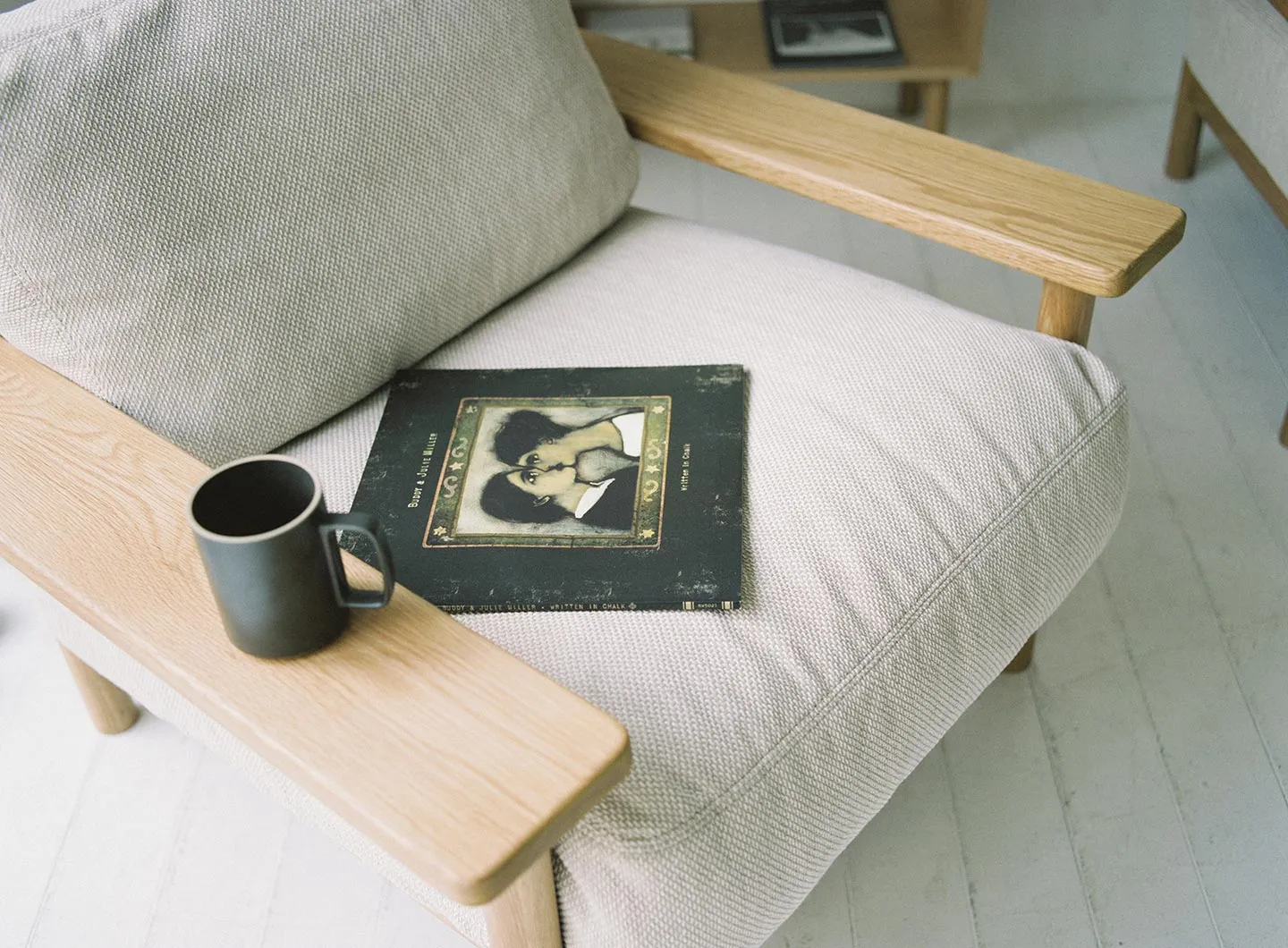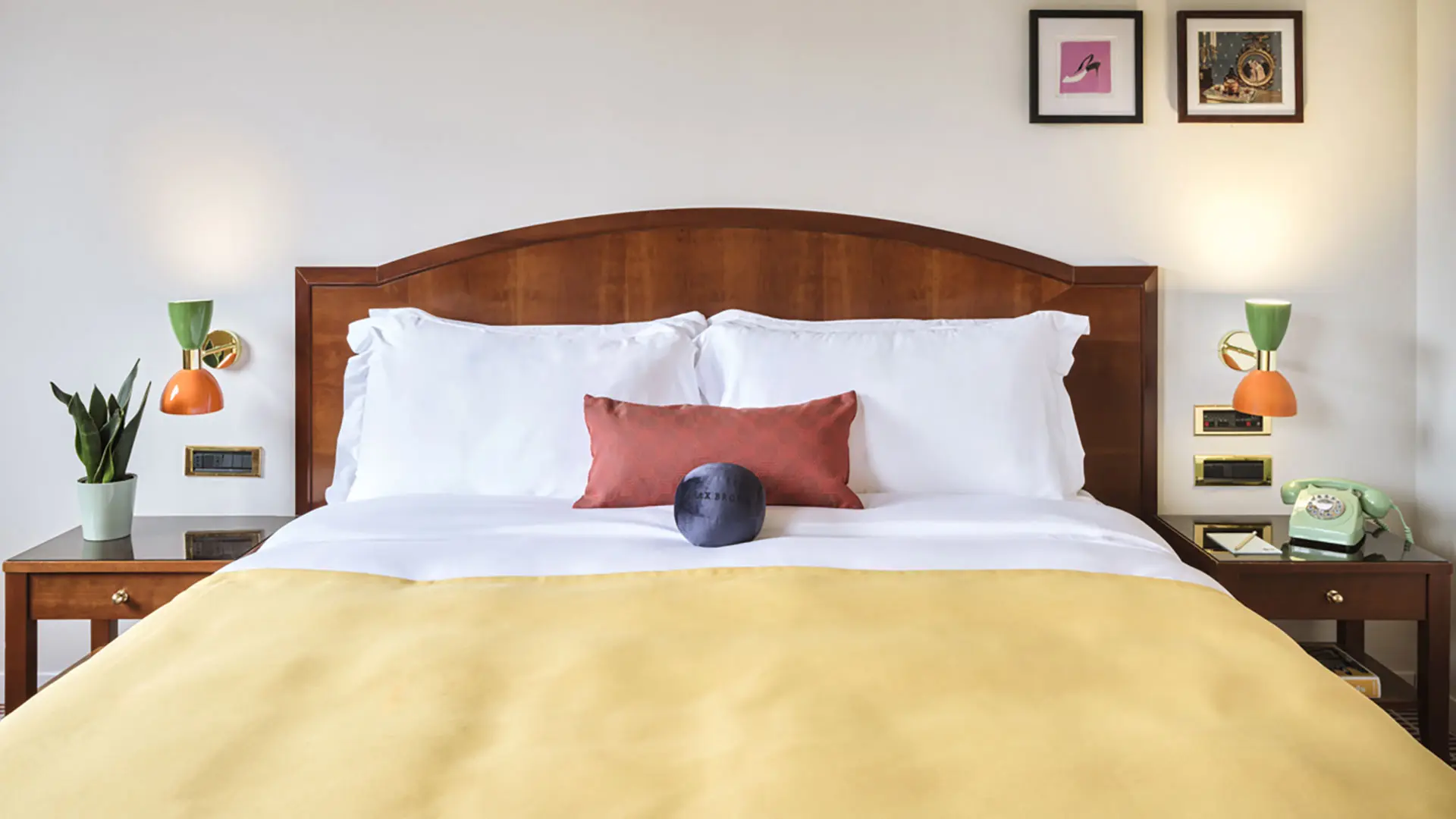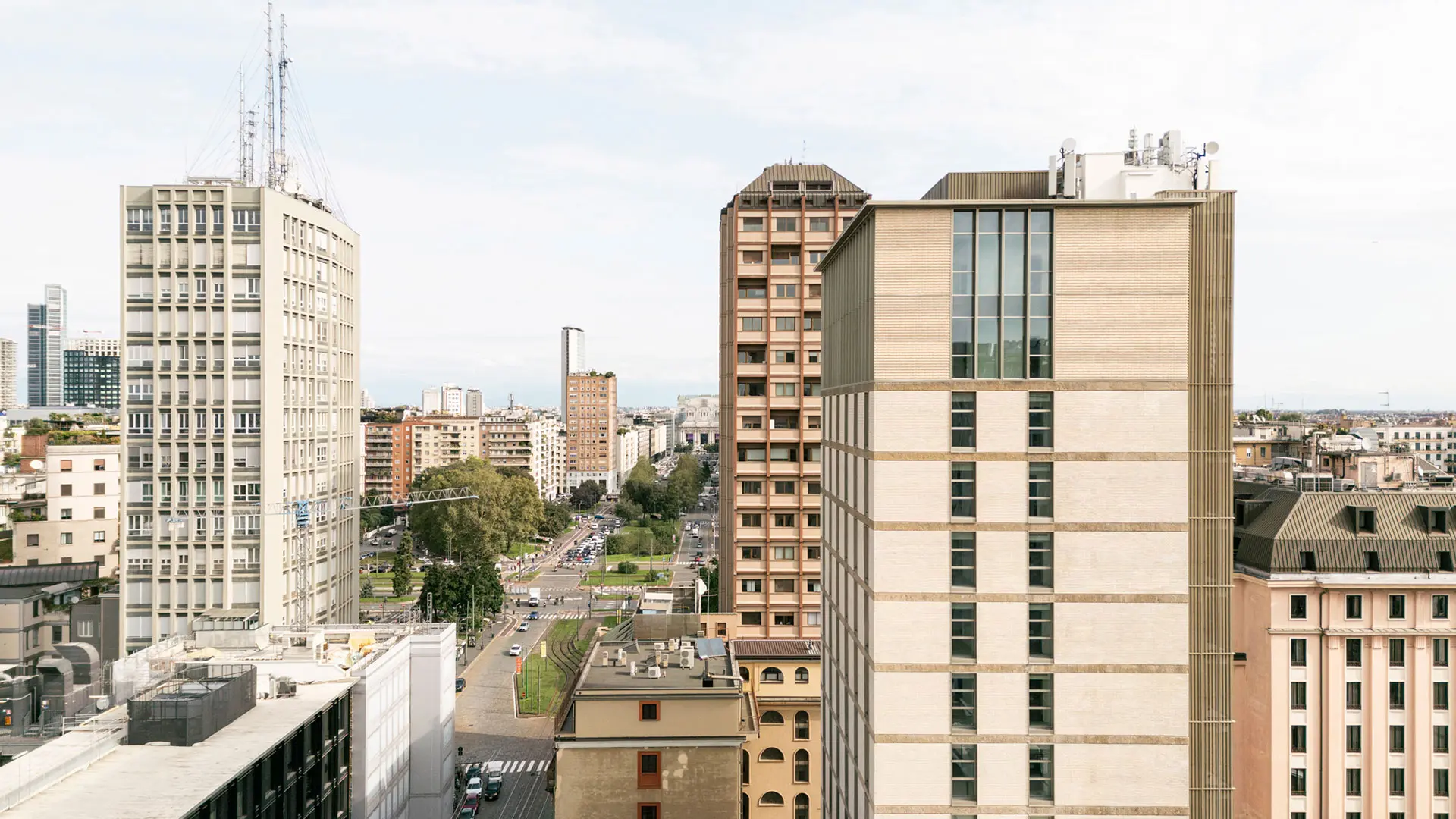In partnership with MiCodmc, a selection of establishments ripe for discovery during the 63rd edition of the Salone del Mobile.Milano, from 8th to 13th April
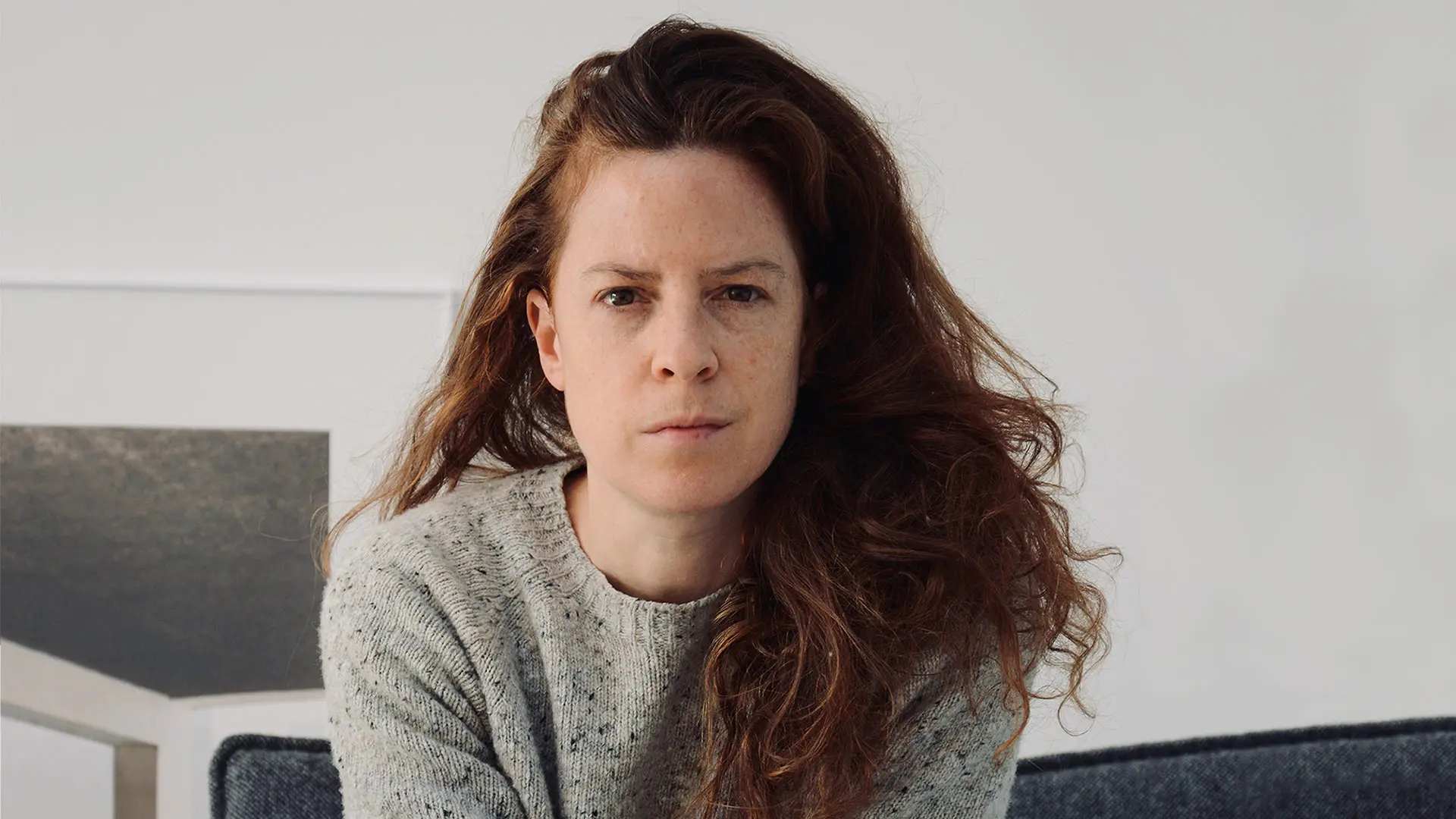
Marina Bautier
Her favourite material is wood, rigour is her hallmark and she divides her time successfully between design and business.
Born in 1980, the Belgian designer is part of the large cohort of designers who have made their debut at SaloneSatellite. She studied at Buckinghamshire New University in England before setting up her own studio in her birth city of Brussels, launching her brand, Bautier, in 2013 and opening her own shop. She has worked and continues to work with many different companies, including Case Furniture, Idée, Ligne Roset, Stattmann Neue Moebel and Swedese.
I’m not trying to pass on any message with my design. The products are designed to be used and last over time. To work perfectly and blend into the user’s environment.
I’m not working on any interior and exhibition projects at the moment. I’m mainly developing my designs for manufacturers and my own brand. I really love the combination of designer and entrepreneur. Developing ideas, but then also managing the production, thinking about how to promote and sell the products. A good combination of creative and more pragmatic work.
The website is very important to me. And without question Instagram is the most important medium and the only one I actually use. It does seem to be a good vehicle for promotion, as this seems to be the way information spreads. But I don’t direct people to my website to find out more or order products till the end.
Actually Ligne Roset has just stopped producing the mirrors. They were the first piece of mine to go into production, so a great first step in the business, helping to be taken seriously by other brands. But this was a one-off venture with Roset and did not mark the start of a collaboration between us. But I did meet Idée at the Salone, a Japanese brand I still work with today, and some products designed in 2007 are still available today. But most importantly, this has become my strongest and most successful collaboration. We’ve already produced 3 collections together and a few extra pieces. Still ongoing.
I don’t feel really attached to the city workwise. It’s my hometown, where I have my friends and family. I do love the city, as it’s lively, but neither too big neither or too small and makes for a very comfortable life. My work still draws great inspiration from my time in the UK.

In memoriam: David Lynch
The American director has left us at the age of 78. The Salone del Mobile.Milano had the honor of working with him during its 62nd edition, hosting his immersive installation titled “A Thinking Room”. An extraordinary journey into the depths of the mind and feelings. His vision will continue to be a source of inspiration.



 Stories
Stories
